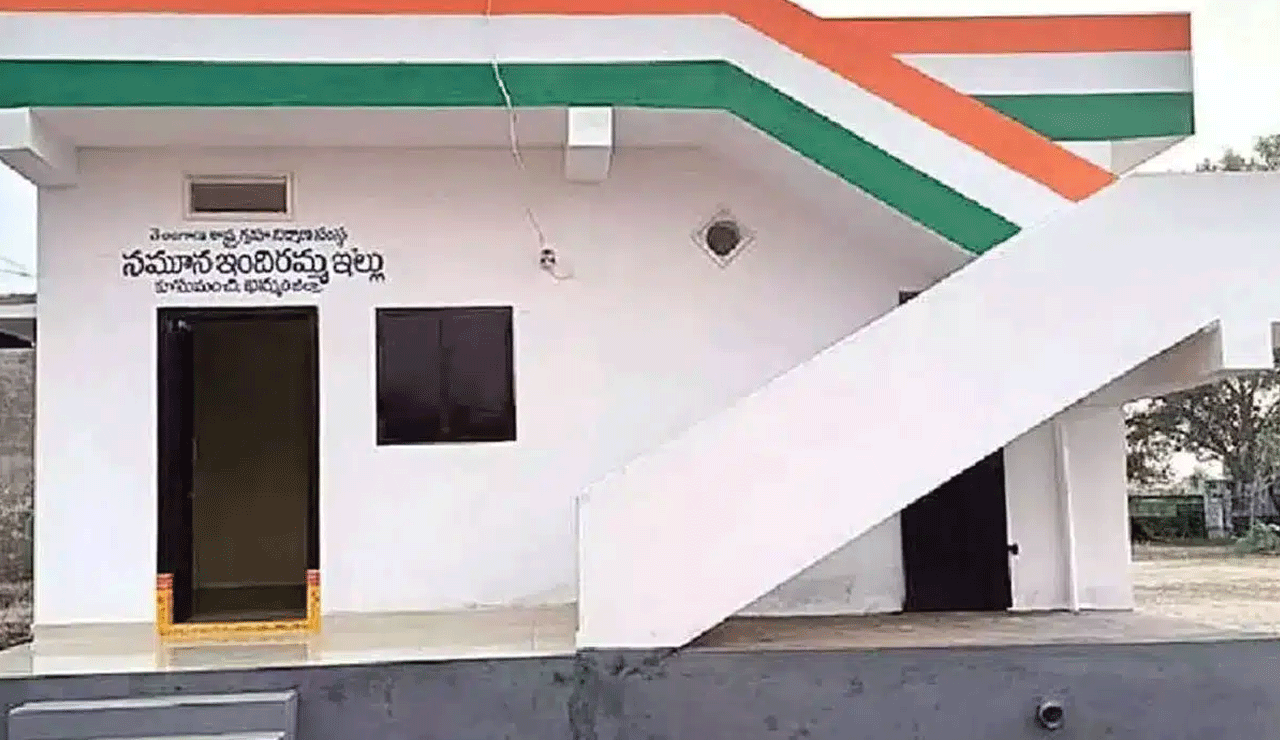82 Lakh Applied, Only L1 Eligible—But 12,000 L3 Applicants Got Houses Anyway
The Telangana state government’s Indiramma Housing Scheme has come under scrutiny after it was discovered that over 12,000 ineligible applicants under the L3 category had begun construction of houses, despite being excluded from the first phase of allotments.

Hyderabad: The Telangana state government’s Indiramma Housing Scheme has come under scrutiny after it was discovered that over 12,000 ineligible applicants under the L3 category had begun construction of houses, despite being excluded from the first phase of allotments. The issue was flagged during bill payment verification, prompting swift corrective measures by state officials.
Table of Contents
Indiramma Housing Categorization: L1, L2, L3 Explained
To streamline the application process, the government categorized the 82 lakh applications received into three priority levels:
- L1: Poorest of the poor, disabled persons, and widows with no existing support and own land — eligible for immediate allotment.
- L2: Economically weak families without land — eligible for housing in future phases.
- L3: Individuals who previously received benefits, live in rented RCC homes, or are financially better off — not eligible in Phase 1.
Despite these guidelines, 12,000 people from the L3 list obtained sanction documents and began constructing houses.
Also read: CM Revanth Reddy to Visit Delhi Seeking Central Funds for Telangana Projects
How the Lapse Was Discovered
The housing department’s central tech system detected irregularities during bill processing. A special app used to verify applicant eligibility flagged multiple red alerts indicating that L3 applicants were receiving funds.
Upon further investigation, it was revealed that:
- Local Gram Sabhas approved L3 applications, often based on political recommendations.
- Local MLAs influenced the sanctioning process, overriding system alerts.
- Data linked to Aadhaar and ration cards clearly identified these applicants as L3 category.
This raised serious concerns about eligibility violations and the potential risk to central funding under the Pradhan Mantri Awas Yojana (PMAY), with which the scheme has been aligned.
Government Response: Immediate Corrective Measures Initiated
To contain the issue:
- Financial disbursements to L3 beneficiaries have been stopped.
- A resurvey of the L3 beneficiaries has been ordered to re-evaluate eligibility.
- District Collectors have been instructed to investigate how these approvals bypassed central checks.
Officials are also looking into how red-flagged applicants entered the A1 list, triggering an internal inquiry.
Attempts to Justify the Allotments Underway
Sources suggest that an effort is being made to justify the inclusion of L3 beneficiaries by highlighting staff oversight during initial surveys. Many among the 12,000 are now being reviewed again, and it’s expected that a significant portion may still qualify as genuinely needy, which could allow funds to be released eventually.
Political Influence and Oversight at District Level
The issue has brought attention to the influence of local leaders and MLAs in the sanctioning of houses, despite strict guidelines. While committees and special gram sabhas were supposed to ensure transparent beneficiary selection, their integrity has now come into question.
The state government aims to avoid any slander regarding favoritism or misuse of funds and is working to ensure only truly eligible beneficiaries receive support in the future.
The Indiramma Housing Scheme aims to provide shelter to the most vulnerable in Telangana, but administrative loopholes and local-level interference have led to serious deviations from eligibility norms. The government’s prompt action, resurvey orders, and internal inquiry reflect an intent to safeguard the scheme’s integrity and ensure transparency going forward.
